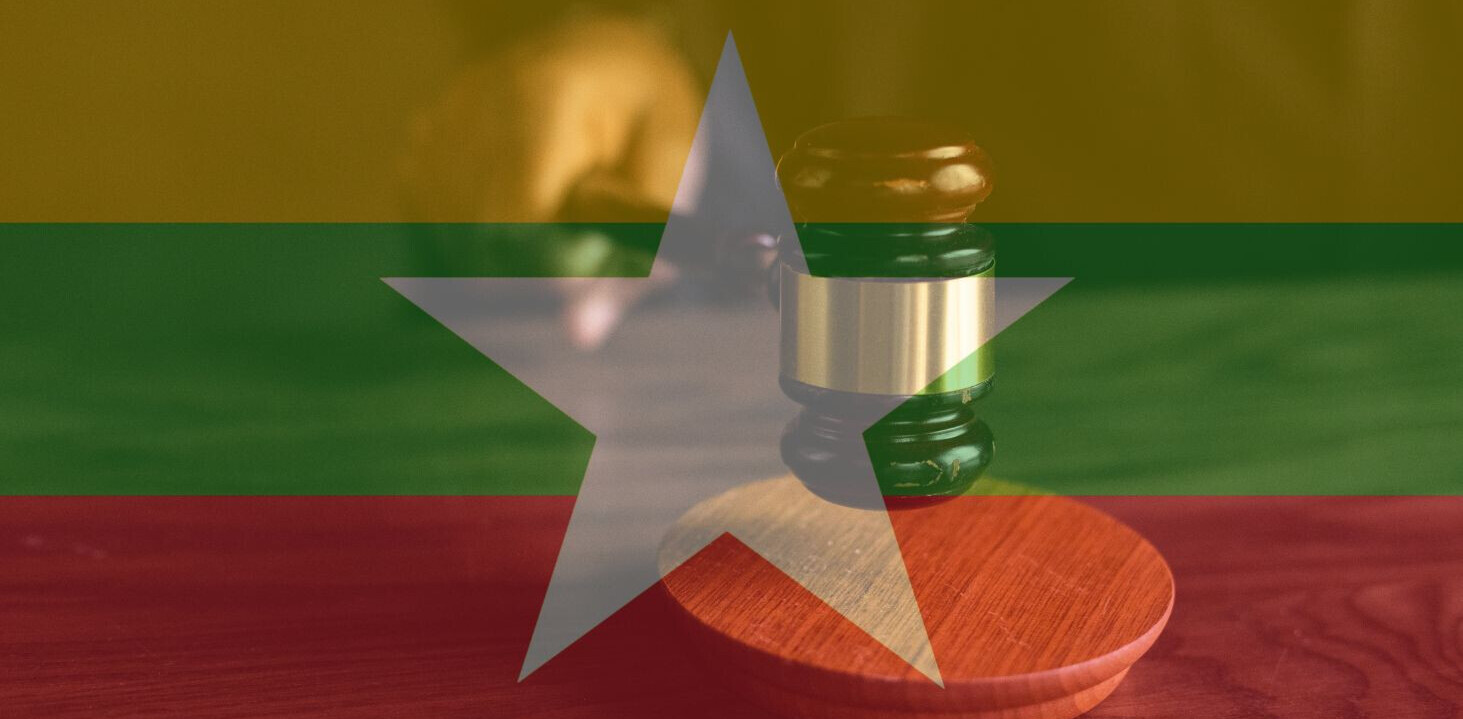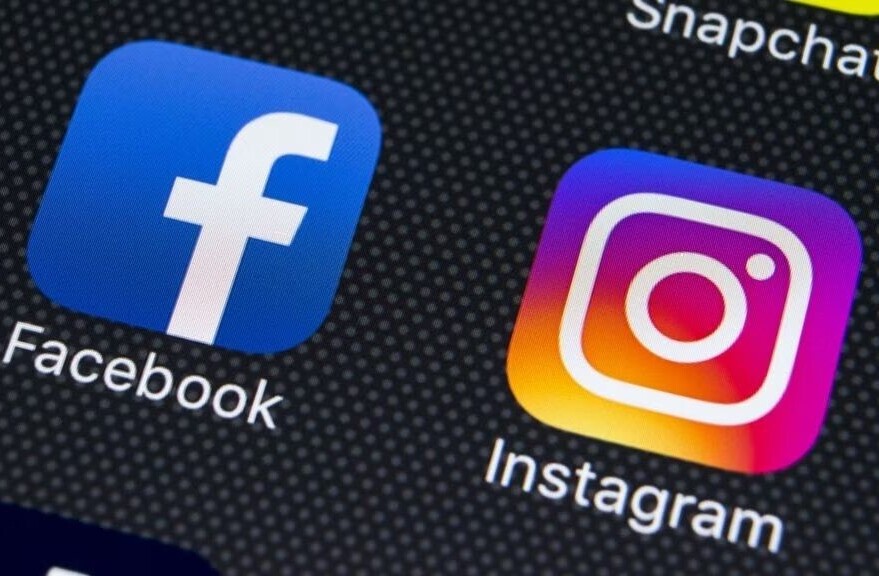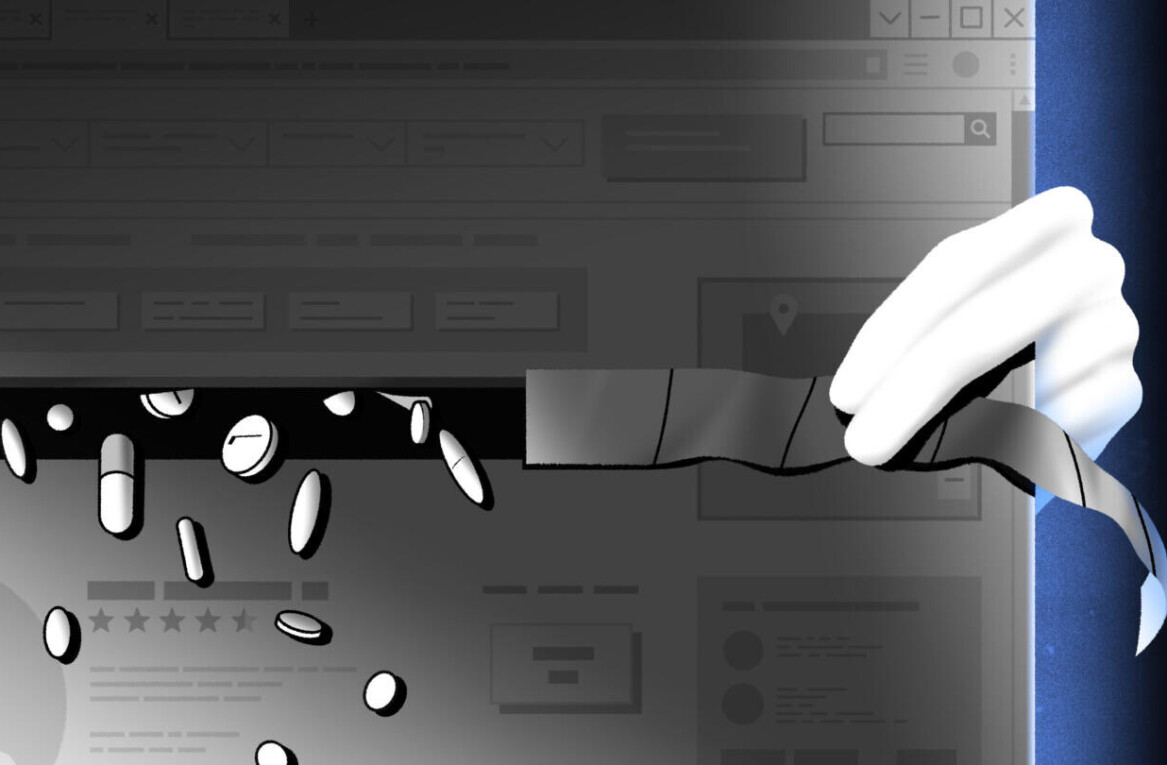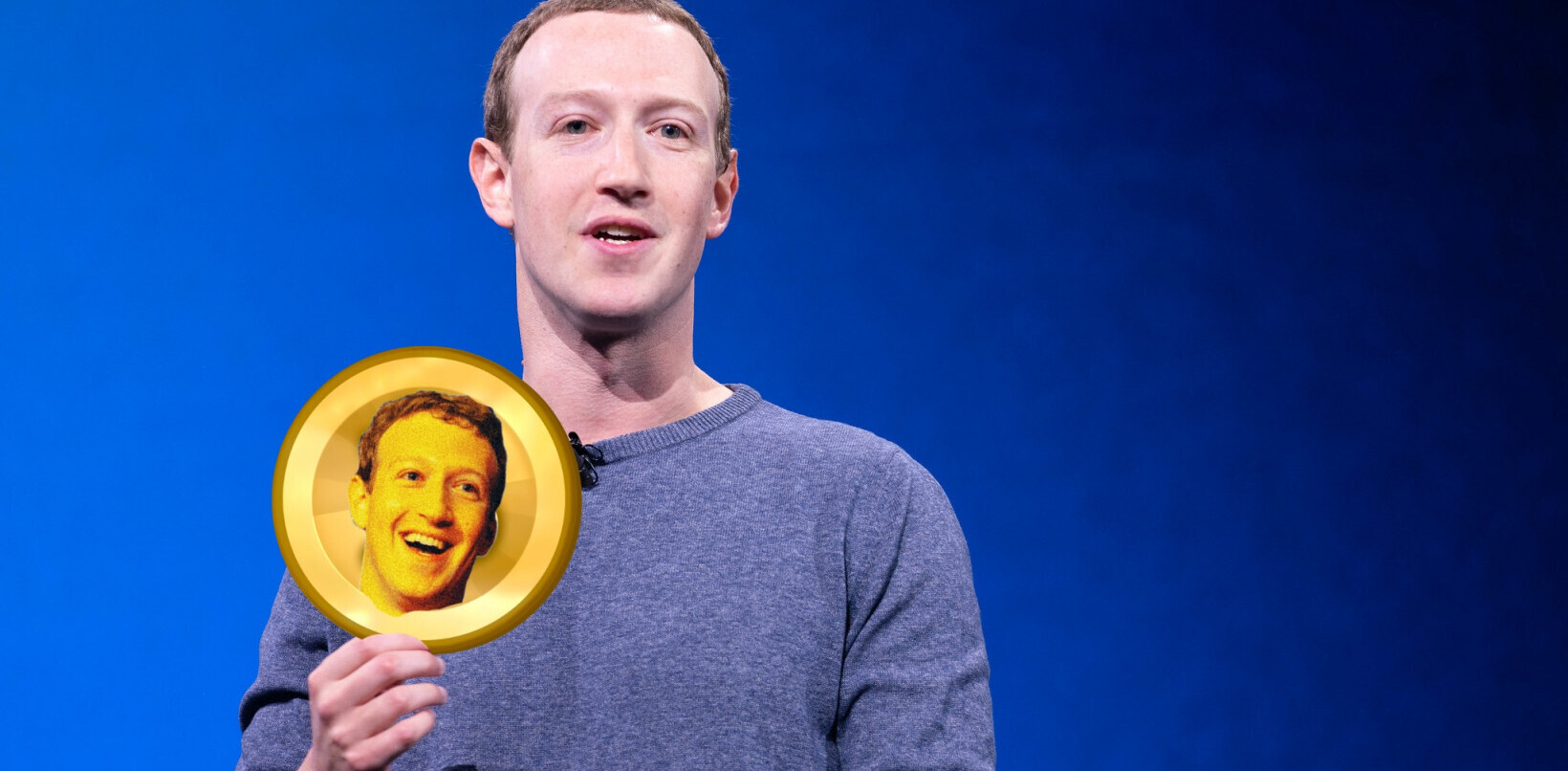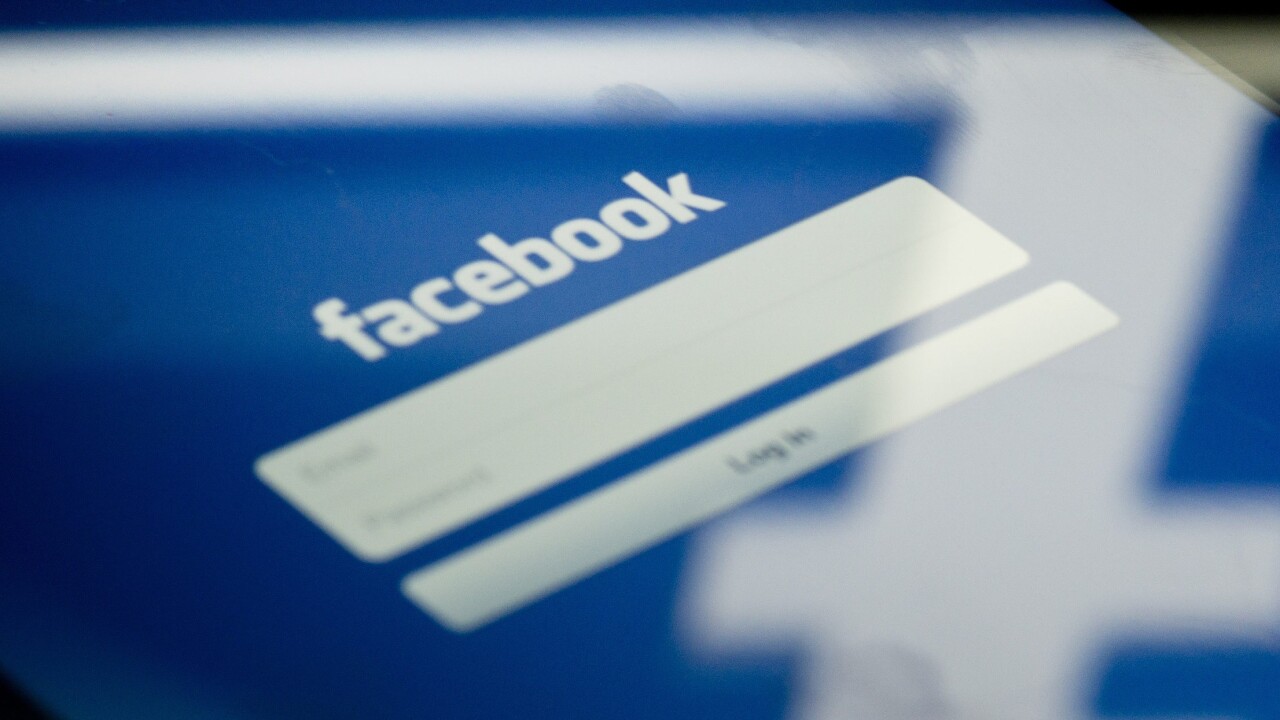
There was widespread panic in Thailand last month when access to Facebook was cut via the country’s major ISPs and mobile operators for 40 minutes. Despite repeated threats to clamp down on social media due to critical messages, Thailand’s military government described the outage as a “technical issue,” but that appears at odds with comment from one operator.
Telenor, the Norwegian telecoms company which runs Thai operator DTAC, acknowledged in a statement provided to TNW that a government request forced it to shut down access to Facebook:
Telenor Group can confirm that on Wednesday 28 May dtac received a notification at 15:00 local time from the National Broadcasting and Telecommunications Commission of Thailand to restrict access to Facebook temporarily.
This restriction, which was implemented at 15:35, potentially had impact on dtac’s 10 million Facebook-using customers. Telenor Group believes in open communication and regrets the consequences this might have had for the people of Thailand.
Access to Facebook was restored at approximately 16:30 local time.
Thailand’s other operators have not made similar statements, but if DTAC was served with a request, it is likely that others were too.
Responses to the outage were so strong that Thailand’s army included a denial of any involvement during a TV broadcast, despite conflicting messages in the media. In particular, Surachai Srisaracam, permanent secretary of the Information and Communications Technology Ministry, told Reuters that the block had been enforced deliberately.
The Thai army, which seized power last month when it staged a coup, has censored over 100 websites and used the internet to track one activist down, but it has backed down from plans to meet with representatives from Google, Facebook and chat app Line. Local media has claimed that the government is planning an ambitious project to construct a single internet gateway for the control, which would make censoring content more straightforward.
It remains to be seen if it is possible to develop a single gateway, given the complexity of internet infrastructure in the country, but it certainly looks like DTAC and other operators will be be transparent when served with further government requests going forward.
We have reached out to Facebook and other Thai operators for comment. We’ll update this post with any further information as we receive it.
Update: Facebook provided the following statement:
We’re continuing to monitor this developing situation and hope that we can maintain a continued and reliable service for the millions of people in Thailand who rely on Facebook.
Related: Vodafone admits that secret government wiretaps are intercepting customer calls
Image via BRENDAN SMIALOWSKI / AFP / Getty Images
Get the TNW newsletter
Get the most important tech news in your inbox each week.
